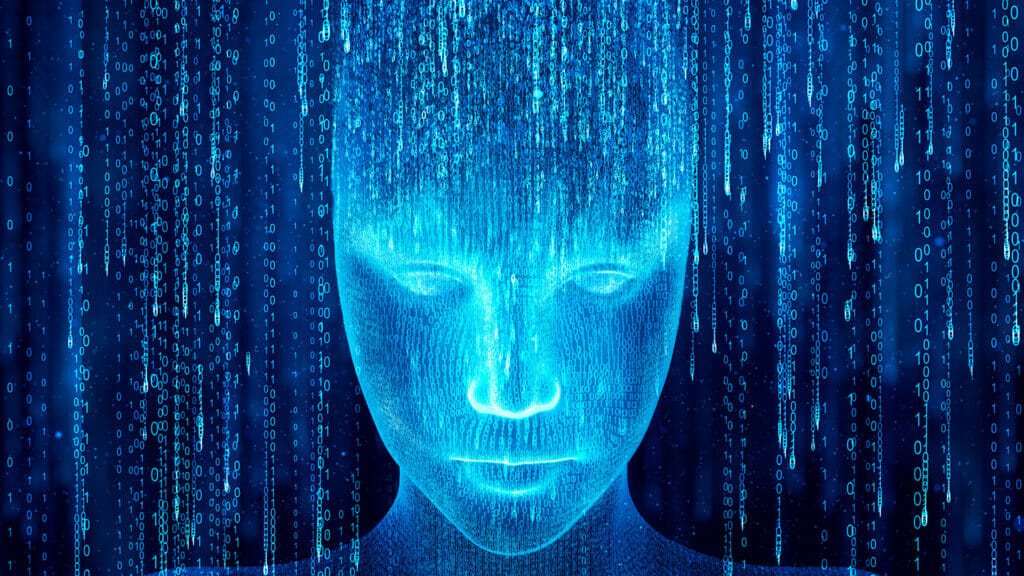
Since ChatGPT went live roughly 15 months ago, researchers have been studying whether artificial intelligence tools can be used to treat or predict Alzheimer’s.
Although much of this research has focused on how AI can process images for this task, ChatGPT can interpret audio files of people with possible dementia to accurately predict who has the disease, new research shows.
One of the main symptoms of dementia, even at earlier stages, is confusion or speech difficulties, and screeners such as the “Cookie Theft” test have reliably been developed to generate a diagnosis.
In reviewing transcripts of those assessments, as well as other speech data, ChatGPT was able to correctly identify Alzheimer’s 87% of the time, a new study shows.
“Alzheimer’s disease patients often exhibit distinctive characteristics when describing images, such as difficulties in recalling words, grammar errors, and repetitive language,” the study authors wrote. “Speech signals offer the advantage of being collected naturally and continuously throughout the day, thus allowing the accumulation of a significant amount of data without imposing a burden on the participants.”
Researchers and tech developers are pursuing new, novel forms of identifying and predicting Alzheimer’s, in part due to promising new medication that has opened the door to treating the disease in earlier stages.
Despite some easing of restrictions on who may receive PET or MRI scans, screening for Alzheimer’s remains a costly, time-consuming process.
One caveat the ChatGPT study authors noted was that the accuracy of the diagnosis depended on the transcription tool, or automatic speech recognition tool, being used to data-train ChatGPT.
In addition to AI-enabled approaches to screening, other recent research has shown promise in detecting Alzheimer’s via blood biomarkers, such as a sensor tool that highlights the presence of toxic beta amyloids by flagging these proteins with fluorescence.


